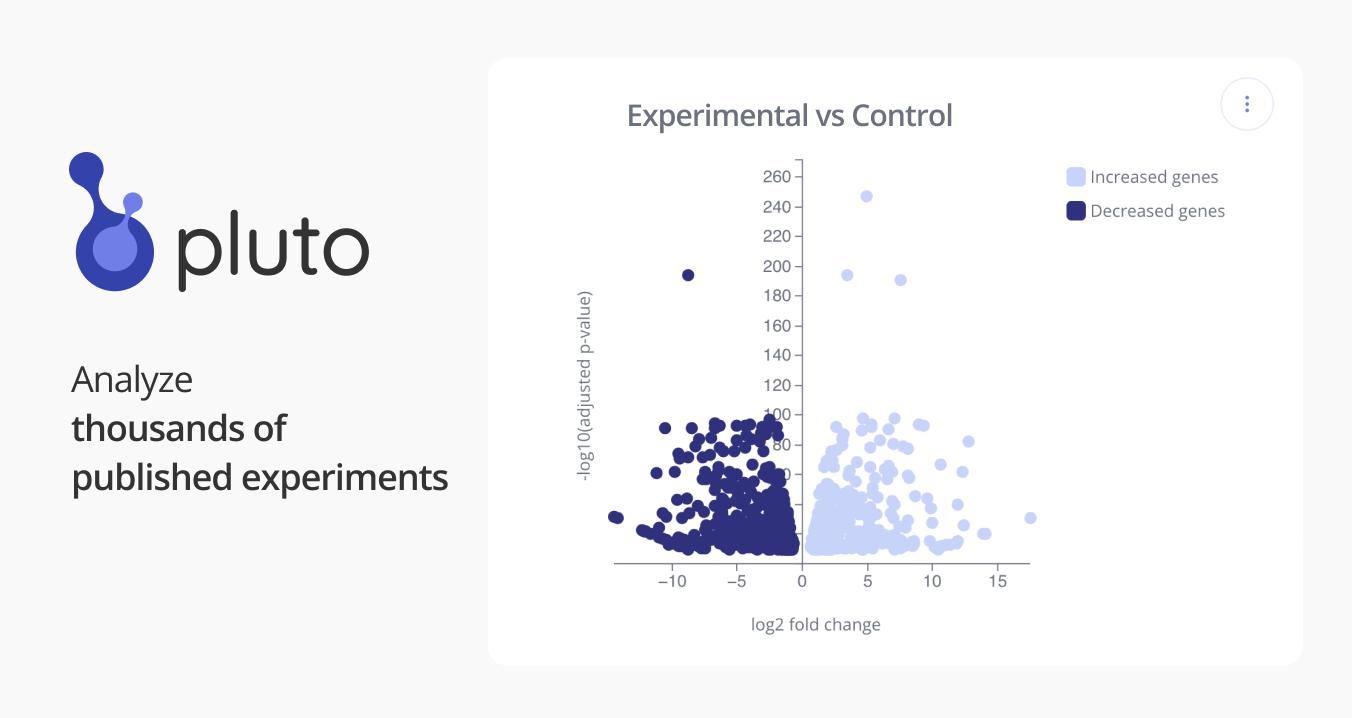Pluto Bioinformatics
GSE135028: CD97 is a Critical Regulator of Acute Myeloid Leukemia Stem Cell Function
Bulk RNA sequencing
Despite significant efforts to improve therapies for acute myeloid leukemia (AML), clinical outcomes remain poor. Understanding the mechanisms that regulate the development and maintenance of leukemic stem cells (LSC) is important to reveal new therapeutic opportunities. We have identified CD97, a member of the adhesion class of G-protein coupled receptors (GPCRs), as a frequently upregulated antigen of AML blasts that is a critical regulator of blast function. High levels of CD97 correlate with poor prognosis, and silencing of CD97 reduces disease aggressiveness in vivo. In order to analyze the functional pathways associated with CD97 expression, we generated RNA-sequence data from scrambled shRNA transfected (s-shRNA) and CD97 KD human AML cell line HL60, as well as from MLL-AF9 (MA9) transduced GMPs isolated from CD97-/- and WT mice. These phenotypes are due to CD97s function to promote proliferation, survival, and the maintenance of the undifferentiated state in leukemic blasts. Collectively, our data credential CD97 as a promising therapeutic target on LSCs in AML. SOURCE: Christopher,Y.,Park (Christopher.Park@nyulangone.org) - Smilow 607 New York University
